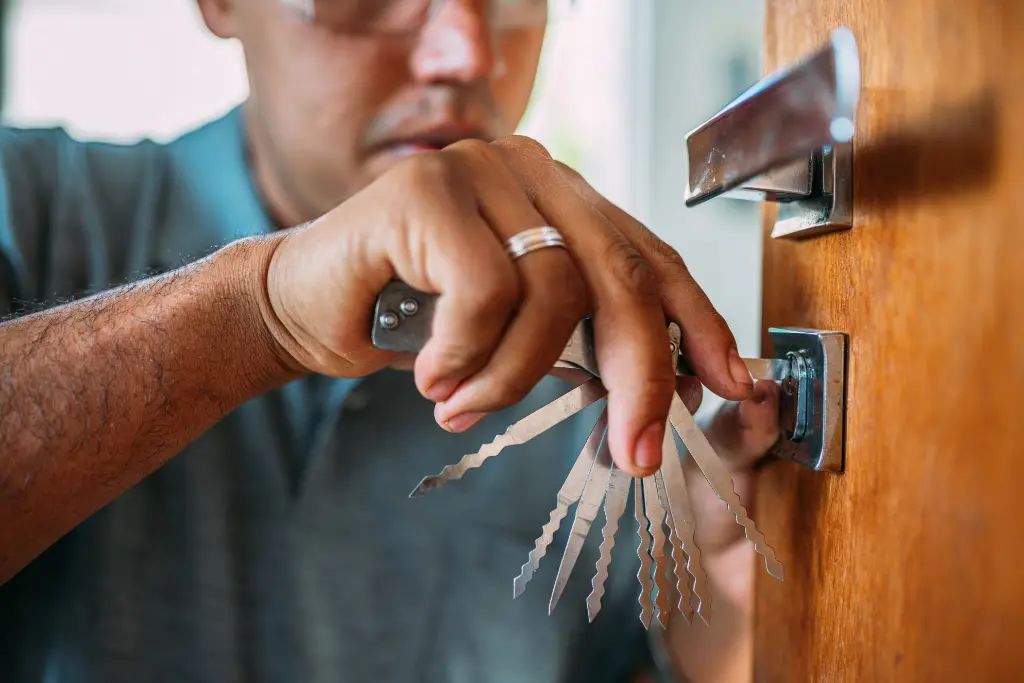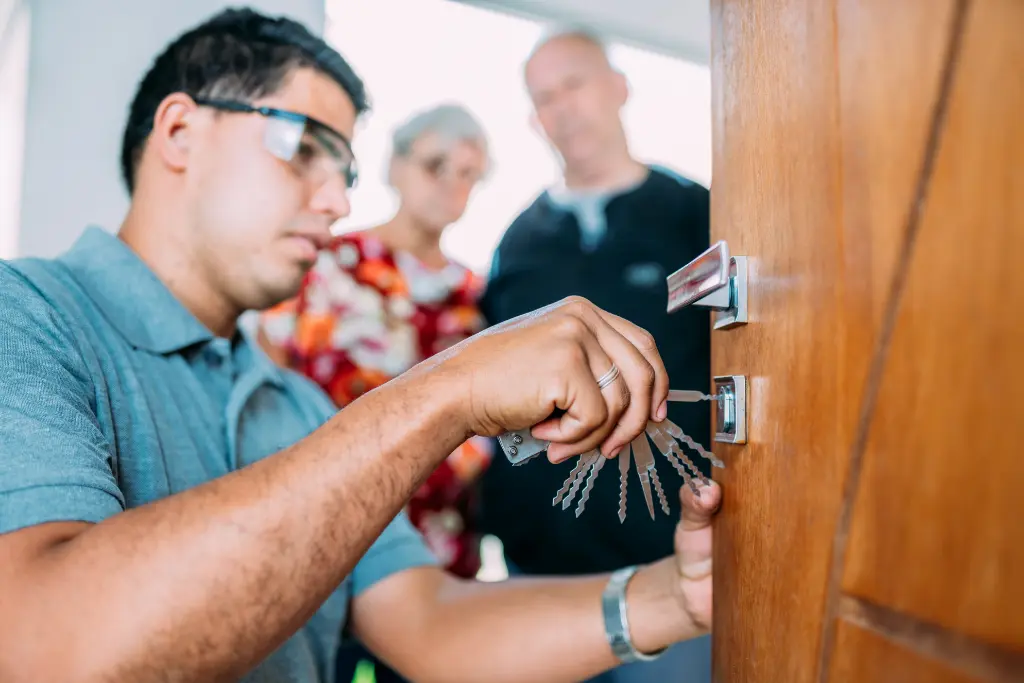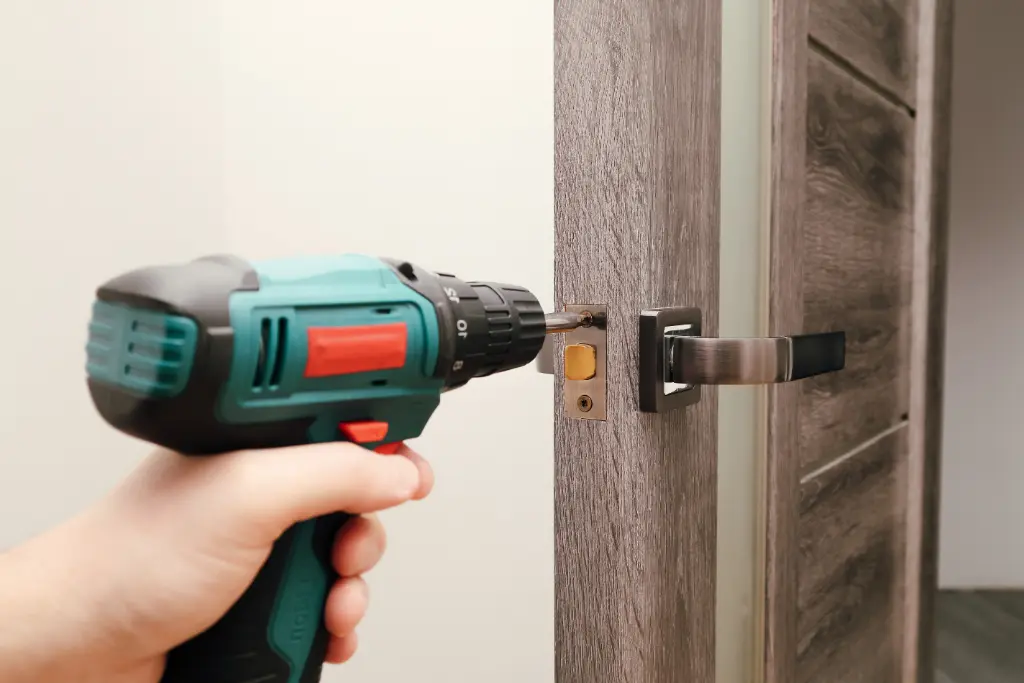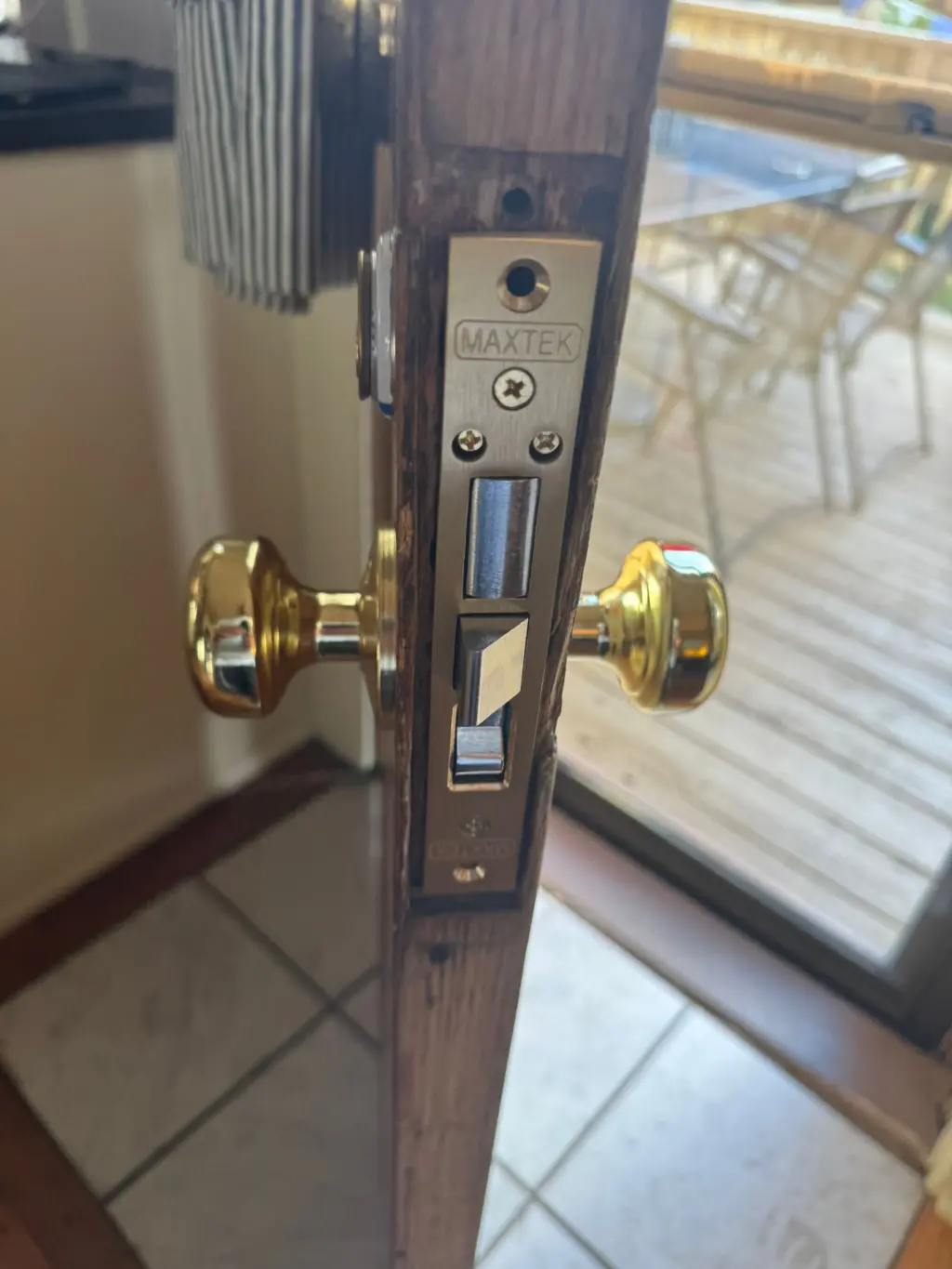Ever thought about where to keep your most valuable things? A home safe is the perfect solution for storing jewelry, cash, and important papers. Many folks don’t realize how affordable and easy it is to add this layer of protection to their homes. Let’s chat about finding the right home safe for your needs and budget.
Choosing the Best Home Safe for Your Valuable Protection
When shopping for a home safe, think about what you’ll store inside. Are you looking to protect jewelry, cash, or important documents? Maybe you need a gun safe for secure weapon storage? The items you want to safeguard will determine the size and type of home safe you need.
Most quality safes offer basic burglary protection, but you might want additional features. Some come with digital keypads for quick access, while others use traditional key locks. If you’re worried about fires, look for a fireproof safe with proper ratings. Remember, the best home safe is one that fits your specific needs, not just the most expensive one on the shelf.

Understanding Home Safe Sizes and Capacity
Size matters when picking out a home safe. Too small and you’ll run out of space. Too large and it might not fit where you want it. Most manufacturers list both external and internal dimensions, but the internal space is what really counts.
Think about what you’ll store now, but also what you might want to add later. A good rule is to buy a home safe that’s about 25% larger than you think you need. This gives you room to grow without having to upgrade too soon. Also, consider where you’ll put it – under a desk, in a closet, or bolted to the floor for extra security.
Exterior Dimensions: Width, Height, and Depth Considerations
The outside measurements of your home safe determine where you can place it. Common spots include:
- Inside a closet for hidden protection
- Under a desk for quick access
- In the master bedroom for nighttime security
- Behind a picture or mirror for concealment
- In the basement bolted to concrete for maximum security
Always measure your space before buying. Remember that you’ll need extra room to open the door fully. Also, heavier safes offer more security but might need floor reinforcement, especially on upper levels of your home. Always check the weight capacity of your floors before installing a large home safe.
Fire Safes: Test Duration and Fireproof Ratings
Fire protection is super important when choosing a home safe. Manufacturers test how long their safes can withstand high temperatures without the inside getting too hot. Most quality fireproof safe options list how many minutes or hours they can endure extreme heat.
The UL (Underwriters Laboratories) rating is the gold standard for fire resistance. Look for ratings like “UL Classified 350°F for 30 minutes” or longer. This means the inside will stay below 350°F for that time period, which is cool enough to prevent paper from burning. Remember that longer protection times generally mean higher prices, so balance your budget with your peace of mind needs.
SentrySafe and Biometric Lock Types for Enhanced Security
SentrySafe is a popular brand known for quality and value. Their models often include both fire and water protection, making them great all-around options. When it comes to opening your safe, there are several lock types to consider.
Biometric locks use fingerprints for quick access, which is perfect when you need to get inside fast. They’re becoming more affordable and reliable each year. Traditional key locks never need batteries but can be lost. Digital keypads offer a middle ground, with easy access and no keys to lose. Some home safe models even include interior light features, so you can easily see your valuables in dark closets or at night.
Trustindex verifies that the original source of the review is Google. Great and pro servicePosted onTrustindex verifies that the original source of the review is Google. Fast and efficient. Ill definitely need them again probably. But these are the people im callingPosted onTrustindex verifies that the original source of the review is Google. Great and pro service thank you so muchPosted onTrustindex verifies that the original source of the review is Google. Great service best local locksmith IndianapolisPosted onTrustindex verifies that the original source of the review is Google. Great and quick service best insianapolis near mePosted onTrustindex verifies that the original source of the review is Google. Great service make me key for my carPosted onTrustindex verifies that the original source of the review is Google. He did a great job very fast at getting back to me when I called and messaged. He did a great job getting the car startedPosted onTrustindex verifies that the original source of the review is Google. Did great work would recommend to anyonePosted onTrustindex verifies that the original source of the review is Google. Great service make me key in 20 minutes very good prices very professional
Protect Your Valuables: Finding the Right Level of Security for Your Home Safe
The level of security you need depends on what you’re protecting. For basic important documents like birth certificates or property deeds, a simple fire-resistant model works well. For jewelry, cash, or collectibles, look for features that help safeguard against theft.
The best home safe for burglary protection will have thicker steel, complex locking mechanisms, and ways to anchor it to your home. Remember that even the strongest safe works better when hidden from view or installed properly. Most break-ins are quick, so anything that slows down a thief helps. By matching your security needs with the right features, you’ll find a home safe that gives you true peace of mind at a price that makes sense.
Frequently Asked Questions About Home Safes
How difficult is it to install a home safe myself vs. hiring a professional?
Most small to medium home safes can be installed DIY if you have basic tools. For wall safes or heavy floor models, consider a professional installer. The key is proper anchoring to prevent theft. Home Depot often offers installation services with purchase.
What should I expect to spend on a quality home safe?
Quality home safes range from $150-$500 for basic models with decent fire protection. Fireproof safes with digital keypads typically cost $300-$700. High-security options with biometric locks and longer fire ratings can run $800-$2,000. Remember, it’s protecting your valuables, so invest wisely.
How often do electronic locks need battery changes, and what happens if batteries die?
Most electronic home safe locks need battery replacement once yearly. Many models warn you with beeping or flashing lights when power gets low. Most have backup key systems, so keep that spare key somewhere secure but separate from the safe itself!
Where We Provide Locksmith Services in Indianapolis: Full Coverage for All Customers



